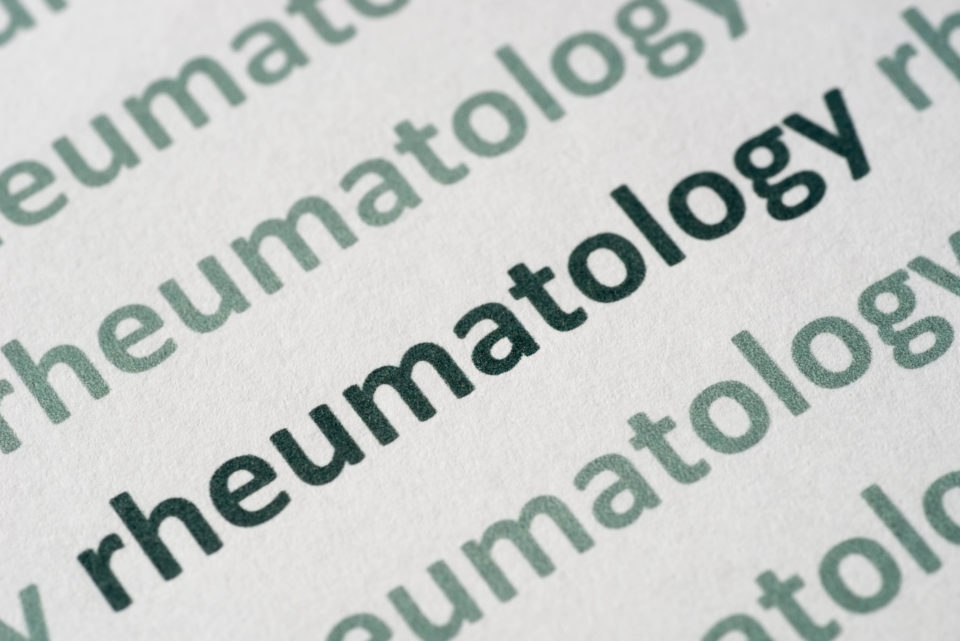
Acupuncture Alleviates Chronic Prostatitis, Pelvic Pain in Men
For men with moderate-to-severe chronic prostatitis/chronic pelvic pain syndrome (CP/CPPS), 20 sessions of Neck Pain Treatment in Fort Collins results in greater improvement of symptoms than sham acupuncture, according to a study published online in the Annals of Internal Medicine. The researchers examined the long-term efficacy of acupuncture for CP/CPPS in a multicenter, randomized, sham-controlled trial conducted at 10 tertiary hospitals. A total of 440 men with moderate-to-severe CP/CPPS were randomly assigned to 20 sessions of either acupuncture or sham acupuncture over eight weeks, and followed up for 24 weeks. The researchers found that the proportion of responders was 60.6 and 36.8 percent at week 8 in the acupuncture and sham acupuncture groups, respectively.
New Vasculitis Treatment Guidelines: What Rheumatologists Should Know
The American College of Rheumatology (ACR) and the Vasculitis Foundation released three new clinical practice guidelines for treating and managing systemic vasculitis. Sharon A. Chung, MD, lead investigator behind the guidelines and Director of the Vasculitis Clinic at the University of California, San Francisco, spoke with DocWire News about the latest recommendations and the most important takeaways from the new guidance. “These guidelines were developed to provide health care practitioners a framework for treating patients with systemic vasculitis, and as well as to provide guidance on important topics to be considered for the management of these diseases,” said Dr. Chung.
Neck Pain With Migraine Not Necessarily Cervical Dysfunction
Researchers for this study identified two distinct clusters of cervical musculoskeletal function in 124 persons with migraine (106 with episodic migraine; 18 with chronic migraine), 32 healthy controls, and 21 persons with idiopathic neck pain. Neck function similar to healthy controls and neck dysfunction similar to persons with neck pain disorders (108 and 69 persons, respectively). Of the individuals with migraine, 76 (62 with and 14 without neck pain) were clustered as having normal cervical musculoskeletal function and 48 with neck pain had cervical dysfunction comparable to a neck disorder. There was no association observed between musculoskeletal dysfunction and pain hypersensitivity or symptoms during testing. “This stresses the need for an individualized skilled assessment of cervical musculoskeletal function to differentiate a central versus peripheral origin of neck pain or a combination of both,” the authors write. “There should be no reliance on only pain or tenderness, which often reflects the general pain hypersensitivity commonly present in persons with migraine.”







 © 2025 Mashup Media, LLC, a Formedics Property. All Rights Reserved.
© 2025 Mashup Media, LLC, a Formedics Property. All Rights Reserved.